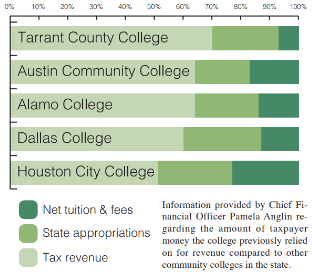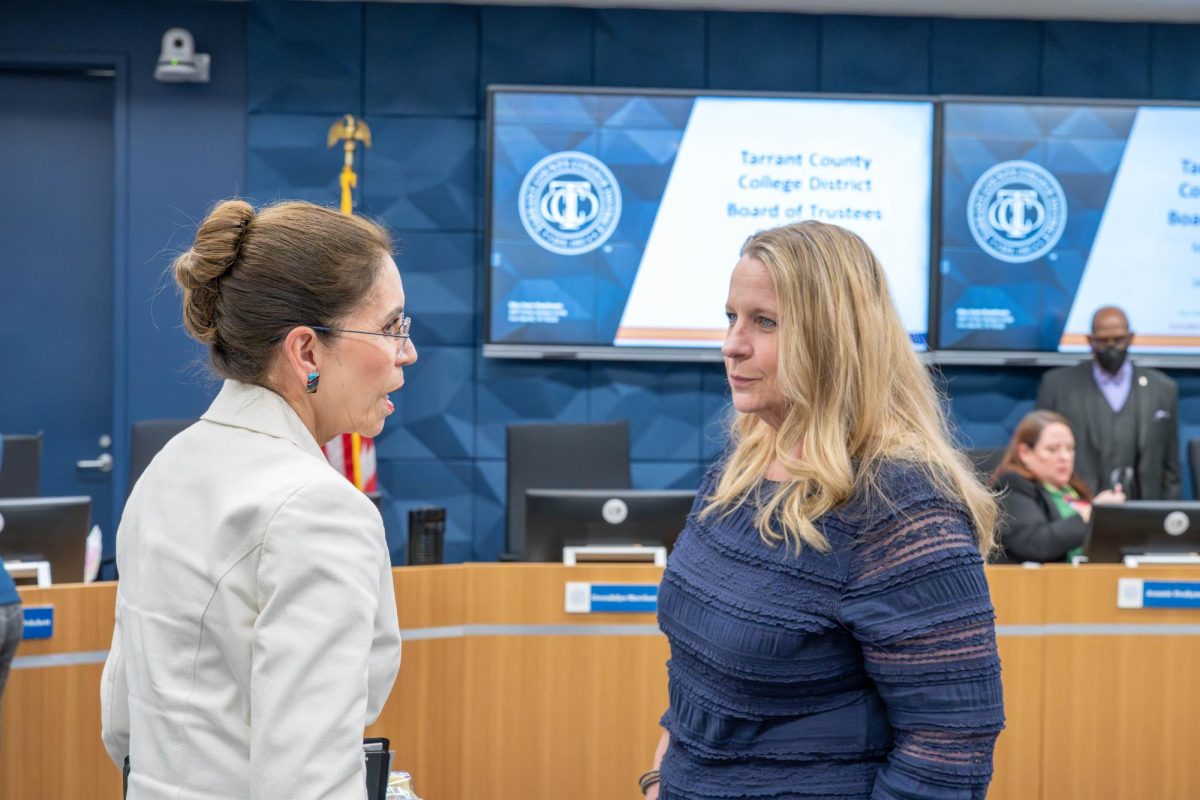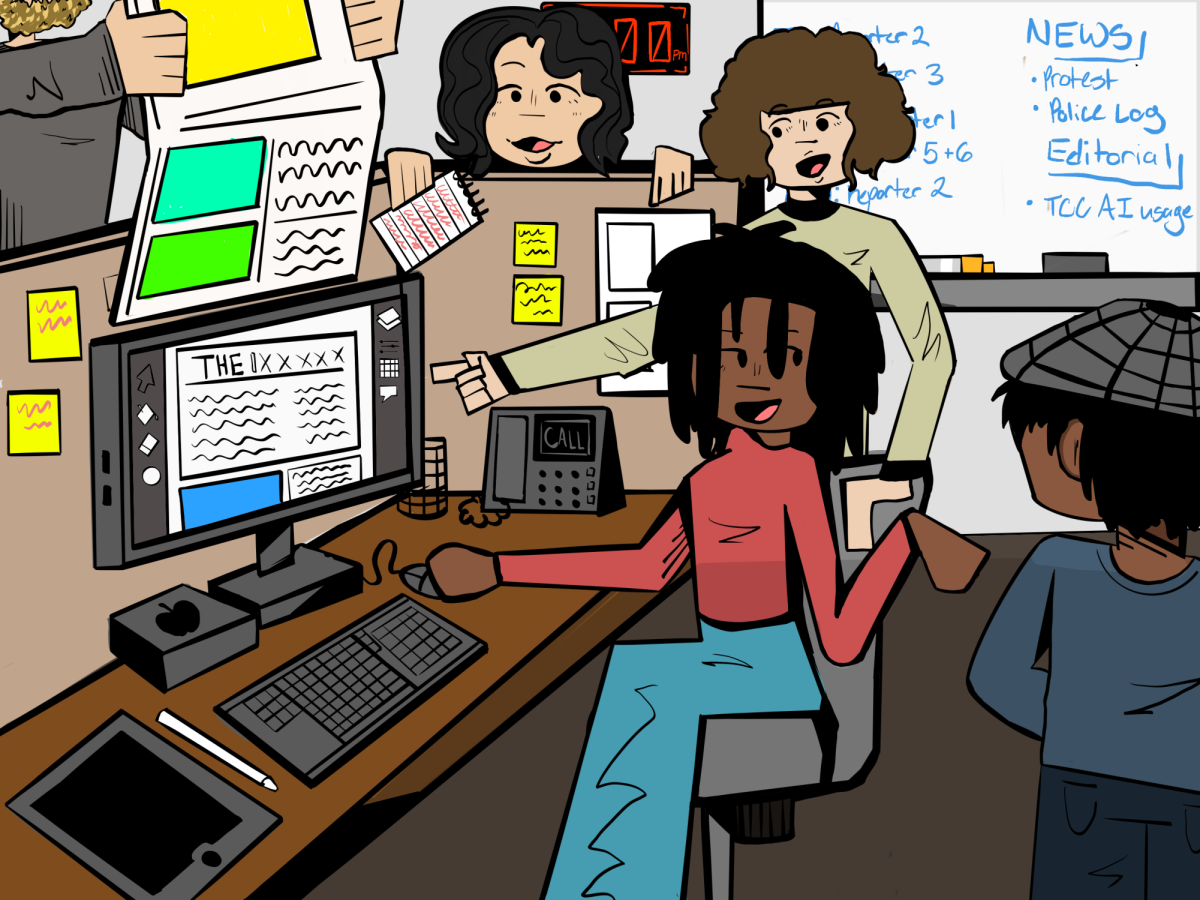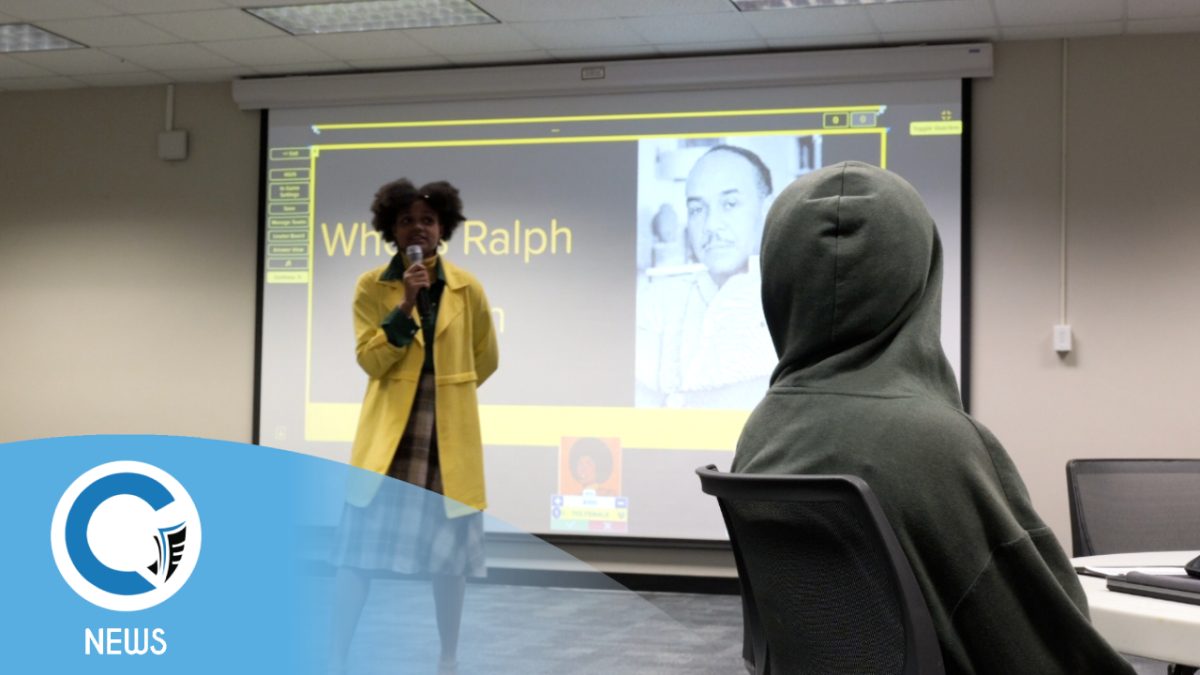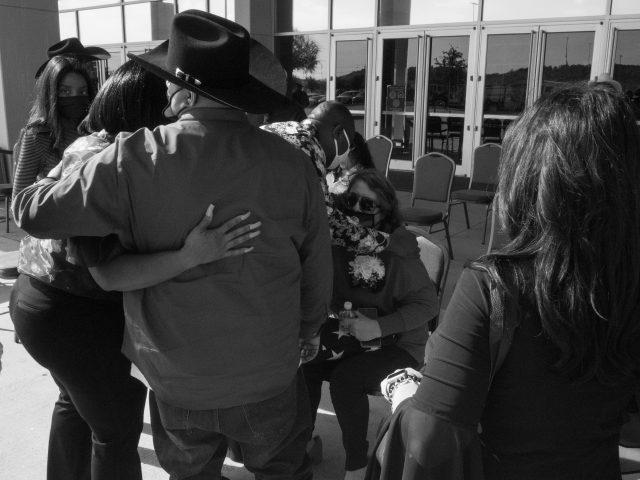JOSE ROMERO
campus editor
Music’s ability to resonate with an audience is an awe-inspiring power especially when it goes unnoticed.
Initially, this opinion column was about how music can impact emo- tions, but that was until I sat down and had a chat with Gerald Ringe, NE pro- fessor of music.
“The discussion really shouldn’t be ‘are we impacted by music?’ I think the research there is so far entrenched that we definitely are impacted by music,” Ringe said. “I think the interesting fact is that the vast majority of this society doesn’t know that they’re being impacted.”
In our daily lives, we hear differ- ent melodies that our brain picks up and reacts to, but we don’t dwell on it. When we walk into stores, offices or restaurants, muzak is usually playing through the speakers, but it’s drowned
out mentally even though it’s caus- ing an emotional response to our envi- ronment. If we’re watching television or listening to the radio, some chimes and jingles grab our attention without us even fully giving it the time of day yet they’ll continuously be recited or hummed.
“They [people] willingly kind of open themselves up to be impacted by it like a medicine,” Ringe said. “So it has the great potential of being used in a nefarious way.”
Some ways in which music can be used negatively is through adver- tisements. Ads usually have a catchy song or slogan that keeps a product fresh in your mind even if the product is harmful. If corporations want they can anger, sadden or excite consum- ers through the manipulative method- ology used in marketing.
After this conversation, I reflected on this matter. I considered all of the catchphrases and songs from corpo- rations that I continuously play in my head.
Music’s presence is unavoid- able. It’s a challenge to go a single day without listening to it. It’s impor- tant to reflect on the impact that a con- glomeration of n n you
and your psyche.


